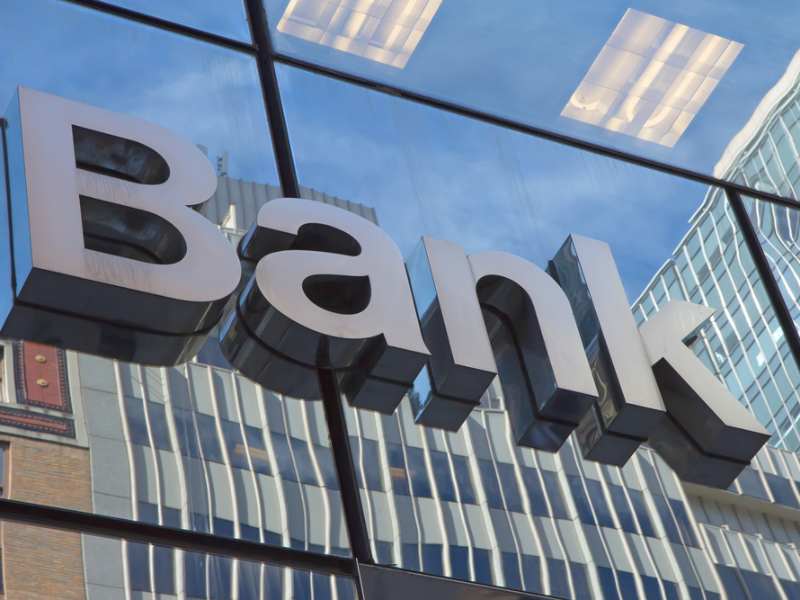SEC and Ripple End Appeals, Closing the Book on XRP’s Legal Saga
The U.S. Securities and Exchange Commission and Ripple Labs have officially closed their appeals in the long-running XRP case. Both parties jointly filed a stipulation of dismissal with the U.S. Court of Appeals for the Second Circuit. Each side will cover its legal costs and fees. The filing formally ends a dispute that has gripped the crypto industry since December 2020.
The agreement dismisses both the SEC’s appeal and Ripple’s cross-appeal. Ripple’s Chief Legal Officer, Stuart Alderoty, confirmed the matter is now settled, adding that the company is fully returning its focus to business operations.
Four Years of Litigation Conclude
The legal battle began when the SEC accused Ripple of conducting unregistered securities offerings through institutional XRP sales. Ripple pushed back, arguing XRP was not a security in every context. In 2023, U.S. District Judge Analisa Torres issued a split ruling, finding that Ripple’s institutional XRP sales breached securities laws. In contrast, retail sales on exchanges did not.
Ripple and the SEC filed appeals, prolonging an already lengthy legal standoff. This joint dismissal marks a rare moment of agreement between the regulator and the company after years of public and courtroom clashes.
Market Welcomes the Resolution
The news sparked a quick response in the crypto market. XRP rose roughly 5% in early trading as investors welcomed the end of a years-long legal overhang.
Market analysts noted that the outcome could offer some regulatory clarity for the U.S. crypto industry. Still, the court’s finding on institutional sales remains in place, a precedent that may shape future actions against other token issuers.
Ripple Shifts Back to Growth Plans
With the legal fight finally behind it, Ripple is now set to accelerate its global growth plans. The company has been steadily expanding its cross-border payments network, securing new partnerships with major financial institutions, and advancing initiatives in tokenization and central bank digital currency (CBDC) development.
Market analysts say the settlement allows Ripple to redirect time, capital, and focus toward innovation and international expansion rather than courtroom battles. The SEC, meanwhile, shows no signs of slowing its broader enforcement drive in the digital asset sector.
The end of the Ripple case is more than a corporate milestone; it marks a defining moment in U.S. crypto regulation . One of the industry’s most high-profile legal disputes has now been resolved, paving the way for what could be a new chapter in the evolution of digital finance.
Disclaimer: The content of this article solely reflects the author's opinion and does not represent the platform in any capacity. This article is not intended to serve as a reference for making investment decisions.
You may also like
The Case for Ethereum as a Core Institutional Asset
- Ethereum’s 10-year price surge of 1.2 million percent and institutional adoption redefine digital-age value creation. - Proof-of-stake transition and Pectra upgrade enhance security, driving $223B DeFi TVL and 3–6% staking yields. - Institutional Ethereum ETFs attract $7.1B in 2025, with Wall Street endorsing it as a secure, high-yield asset. - GENIUS Act and stablecoin infrastructure solidify Ethereum’s role in tokenizing real-world assets and institutional portfolios.

Litecoin (LTC) and Avalon X (AVLX): Contrasting Paths in a Shifting Crypto Market
- - In a maturing crypto market, investors diversify by balancing Litecoin's institutional stability ($110.23) with Avalon X's RWA innovation ($0.005). - - Litecoin shows 75% long-term holders and $2.8B daily volume, while Avalon X tokenizes luxury real estate with 7% annual burns and 15% staking rewards. - - LTC's ETF potential and corporate adoption contrast with AVLX's $16T RWA market exposure, offering defensive vs speculative investment profiles. - - Both projects highlight crypto's evolution toward b



